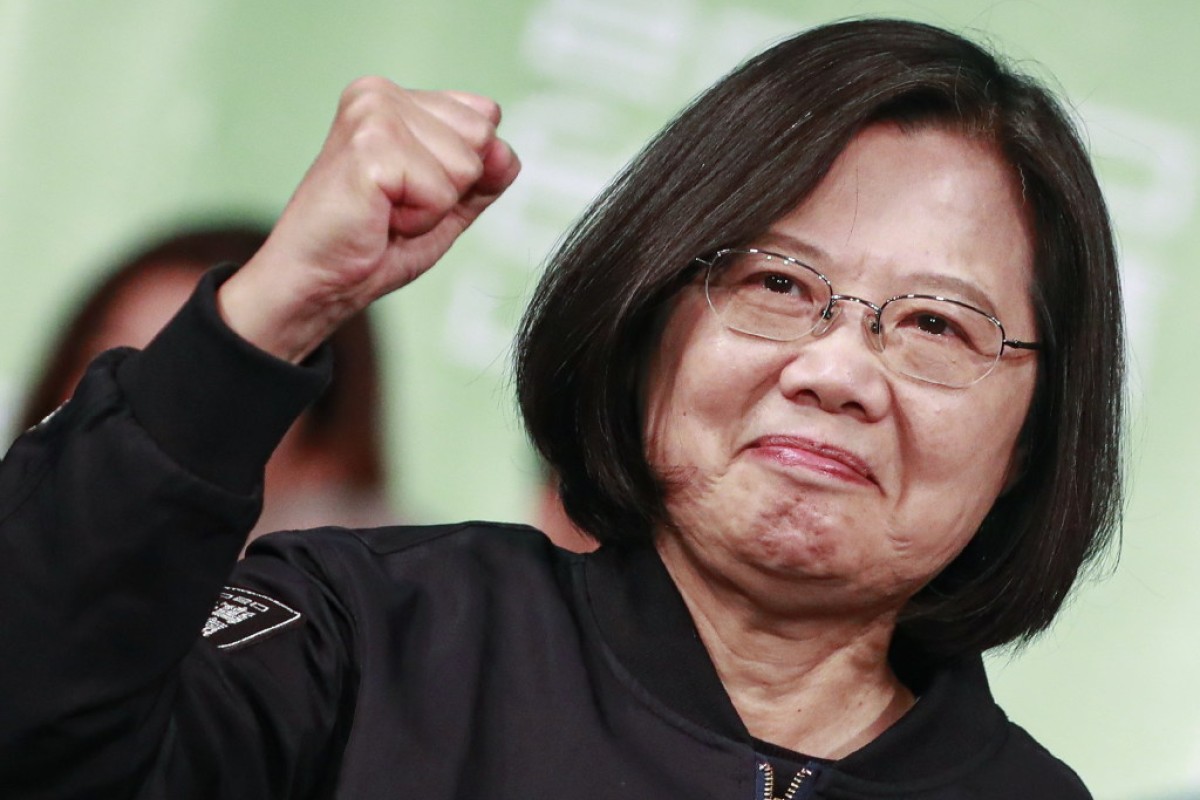 The fear of a reunification with mainland China pushed voters in Taiwan to re-elect Tsai, who promised to defend the island's sovereignty.
The fear of a reunification with mainland China pushed voters in Taiwan to re-elect Tsai, who promised to defend the island's sovereignty. Taiwan’s elections resulted in a landslide victory for President Tsai Ing-Wen last Saturday. She will now govern for a second four-year term.
The win haswidely been seen as a rejection of Beijing’s campaign to reunify Taiwan with the mainland, bringing it under a one country, two systems model like Hong Kong.
While Tsai’s victory seemed certain ahead of the election, that was not the case for most of her first term. In Taiwan’s local elections in 2018, Tsai’s Democratic Progressive Party (DPP) lost to the Beijing-friendly Kuomintang (KMT).
One of the biggest drives of this turnaround has been the Hong Kong protests.
Taiwan President Tsai Ing-wen wins re-election in record-breaking vote
Last January, President Xi Jinping called for the reunification of Taiwan with the mainland, saying that Beijing would use force to achieve this, if necessary, especially if Taiwan ever declared full independence.
Tsai responded by saying that the one country, two systems model was “unacceptable” to the people of Taiwan.
Just a few months later, the Hong Kong government’s now-withdrawn extradition bill sparked months of protests and a major crackdown by the police.
This caused Taiwan to worry about Beijing’s encroachment on its own independence. So while KMT candidate Han Kuo-Yu promised to improve ties with Beijing, Tsai positioned herself as pro-Taiwan, vowing not to let the island become the next Hong Kong.
Hong Kong protests: Thousands rally in Central to demand universal suffrage after Taiwan election
And luckily for her, Taiwan’s economy began to improve, despite fears that worsening relations with Beijing would cause the opposite. Instead, the trade war between the US and China has pushed some Taiwanese companies based on the mainland to move back to Taiwan so they can avoid US tariffs.
After her win, Tsai promised to defend Taiwan’s sovereignty.
She was congratulated by officials in the US and diplomats from Britain and Japan. This angered Beijing, which said the country’s had violated the one-China principle.
Meanwhile, mainland state media tried to undermine Tsai’s victory by accusing her party of using “dirty tricks” to win.
